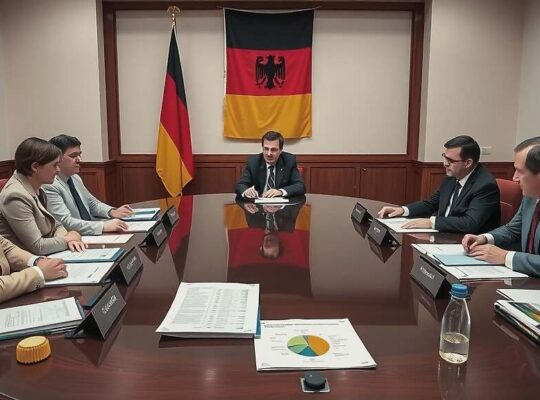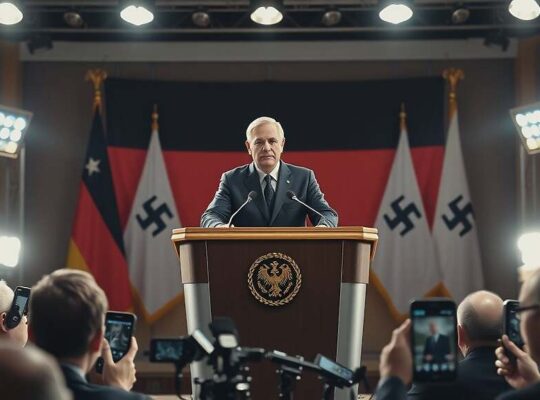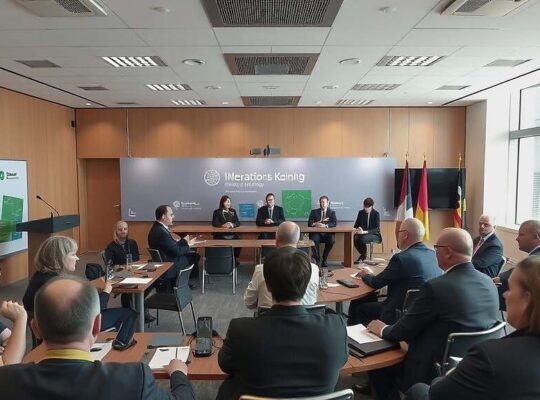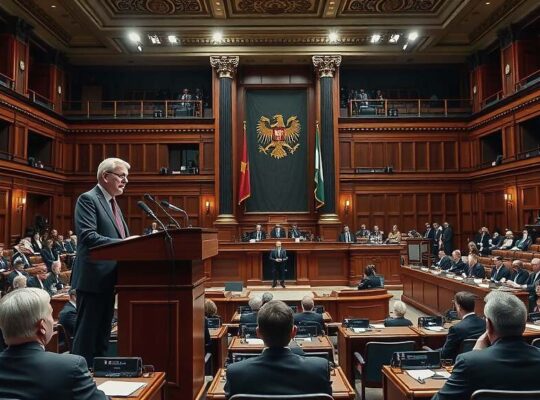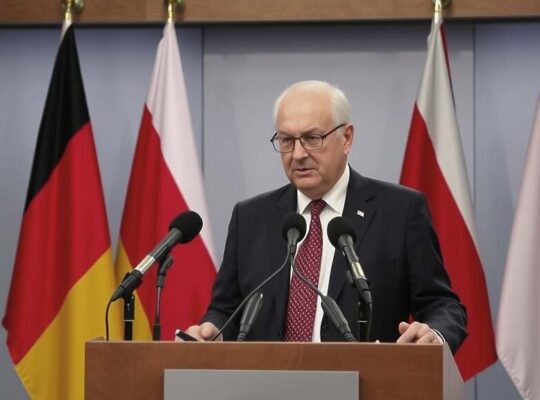A potential revival of the Nord Stream 2 certification process, once deemed effectively defunct, has emerged as a surprising prospect, according to a recent response from the German Federal Ministry for Economic Affairs and Climate Action (BMWK). While largely symbolic given current geopolitical realities, the Ministry’s statement, revealed in correspondence with the environmental advocacy group Deutsche Umwelthilfe (DUH) and reported by Tagesspiegel Background, suggests a theoretical pathway for restarting the stalled process.
The clarification, while cautious, contradicts the widespread assumption that the pipeline and any associated certification efforts, are permanently shelved. The BMWK stipulated that a resumption is contingent upon the applicant, Nord Stream 2 AG, rectifying the circumstances necessitating the initial suspension on November 16, 2021. Critically, this requires transferring operation of the German section of the pipeline to a domestic company and ensuring its status as an independent transmission network operator – a regulatory requirement previously unmet.
However, the possibility of a renewed attempt at certification sits precariously alongside significant political hurdles. The European Union’s most recent sanctions package, implemented on July 28th, includes a comprehensive transaction ban specifically targeting Nord Stream 2, effectively blocking any future use. Furthermore, German Chancellor Friedrich Merz (CDU) has publicly committed to opposing the pipeline’s operation, solidifying a firm stance against its reactivation.
The surviving strand of the pipeline, remarkably undamaged by the September 2022 sabotage, remains technically capable of transporting Russian gas to Germany. Its potential reactivation, even under the BMWK’s outlined conditions, presents a complex interplay of legal technicalities and profound political implications, raising questions about the German government’s commitment to its allies and the efficacy of sanctions against Russia amidst a protracted conflict in Ukraine. While the BMWK’s statement may represent a procedural formality, its implications for transatlantic relations and energy security warrant close scrutiny. The possibility, however remote, underscores the ongoing complexities inherent in managing Germany’s energy dependencies and navigating the volatile geopolitical landscape.



